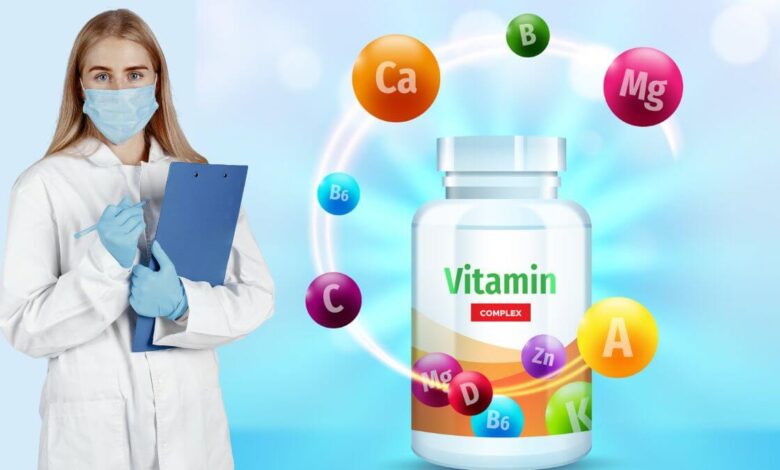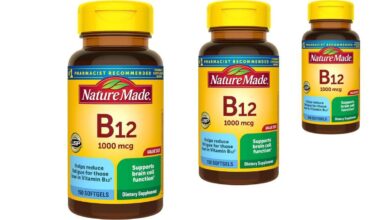Vitamins and Supplements: Benefits, Risks, and Dosage Recommendations

Many people take vitamins and supplements to improve their health or prevent illnesses. However, not all supplements are safe, and some may even cause harm if taken in excessive amounts. In this article, we will discuss the benefits, risks, and recommended dosages of vitamins and supplements.
What are Vitamins and Supplements?
They are dietary products that contain essential nutrients that the body needs to function properly. Vitamins are organic compounds that are necessary for normal growth and development, while supplements are products that contain nutrients such as vitamins, minerals, amino acids, or herbal extracts. Some common vitamins and supplements include vitamin C, vitamin D, calcium, iron, and fish oil.
Benefits of Vitamins and Supplements:
It can provide various health benefits, such as reducing the risk of chronic diseases, improving immune function, and enhancing mental performance. For example, vitamin C is an antioxidant that helps protect cells from damage caused by free radicals, while vitamin D promotes calcium absorption, which is essential for healthy bones. Calcium supplements can also reduce the risk of osteoporosis, a condition that causes bones to become brittle and weak. Iron supplements can help prevent iron deficiency anemia, which can cause fatigue, weakness, and shortness of breath.
Supplements containing omega-3 fatty acids, such as fish oil, can also provide several health benefits. Omega-3s are important for brain function, reducing inflammation, and improving heart health. Some herbal supplements, such as ginseng and echinacea, may also have immune-boosting properties.
Risks of Vitamins and Supplements:
Although vitamins and supplements can provide various health benefits, they can also cause harm if taken in excessive amounts. Some vitamins and minerals, such as vitamin A, vitamin D, and iron, can be toxic if consumed in high doses. For example, excessive intake of vitamin A can cause nausea, vomiting, and even liver damage. Overdosing on vitamin D can lead to hypercalcemia, a condition that causes high levels of calcium in the blood, which can lead to kidney damage.
Some supplements, such as herbal extracts, can also have side effects or interact with medications. For example, St. John’s wort, an herbal supplement used to treat depression, can interact with some antidepressants, birth control pills, and blood thinners, which can reduce their effectiveness.
Dosage Recommendations:
The recommended dosage of vitamins and supplements varies depending on the individual’s age, sex, and health status. Some vitamins and minerals have established daily recommendations, while others do not. The National Institutes of Health (NIH) provides a list of recommended dietary allowances (RDAs) for vitamins and minerals, which can serve as a guide for daily intake.
It is essential to follow the recommended dosage of vitamins and supplements and avoid exceeding the upper limit. Taking more than the recommended amount can cause adverse effects and even toxicity. It is also important to consult a healthcare provider before taking any supplements, especially if you are taking medication or have an underlying medical condition.
Conclusion:
Vitamins and supplements can provide various health benefits, but they can also cause harm if taken in excessive amounts. It is important to follow the recommended dosage and consult a healthcare provider before taking any supplements, especially if you have an underlying medical condition or are taking medication. By understanding the benefits, risks, and dosage recommendations of vitamins and supplements, you can make informed decisions about your health and well-being.




